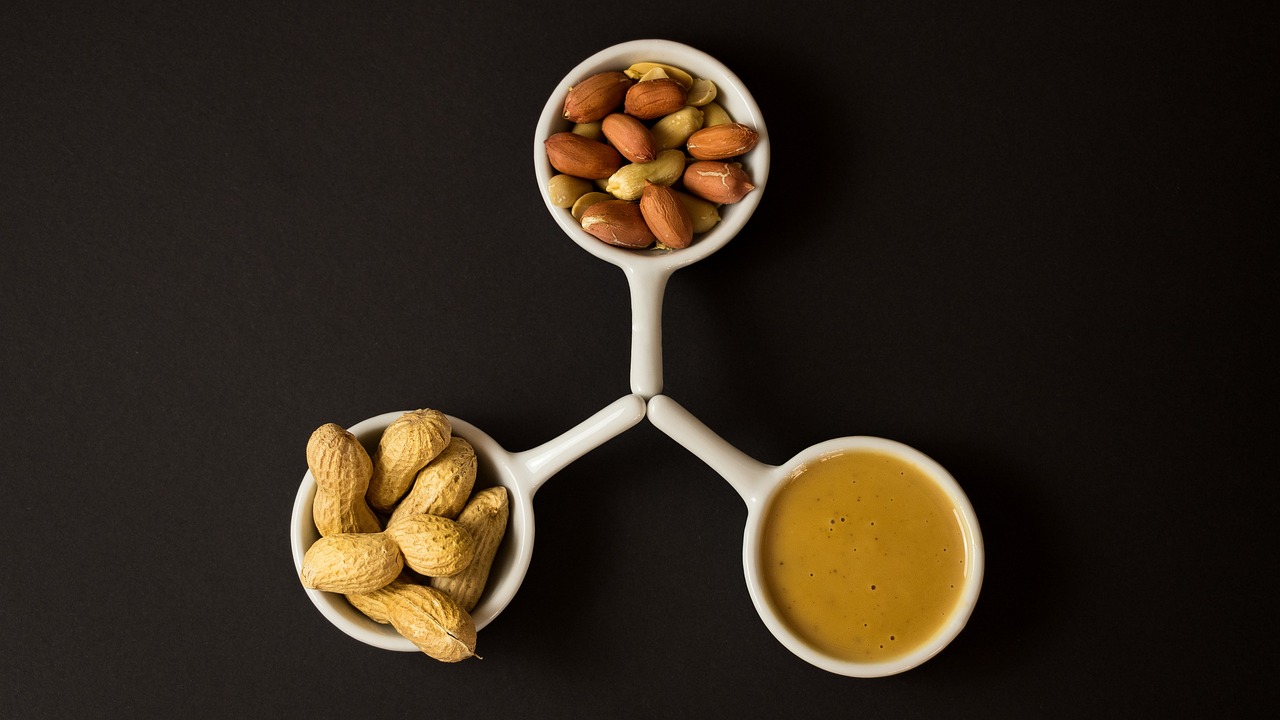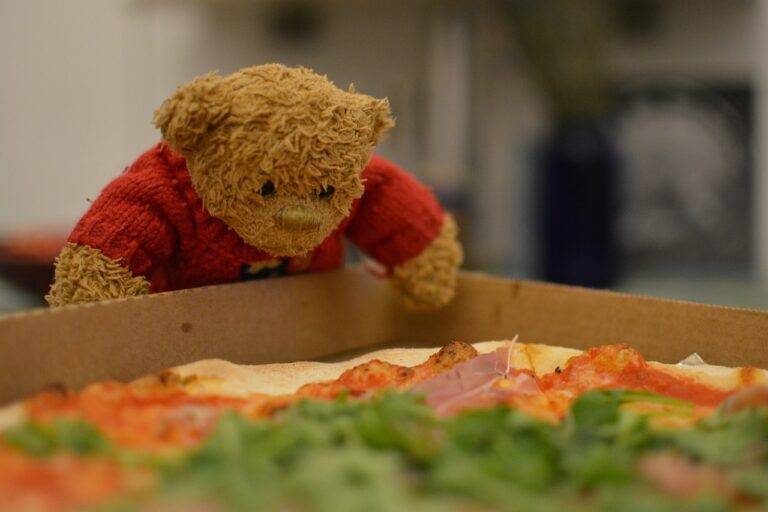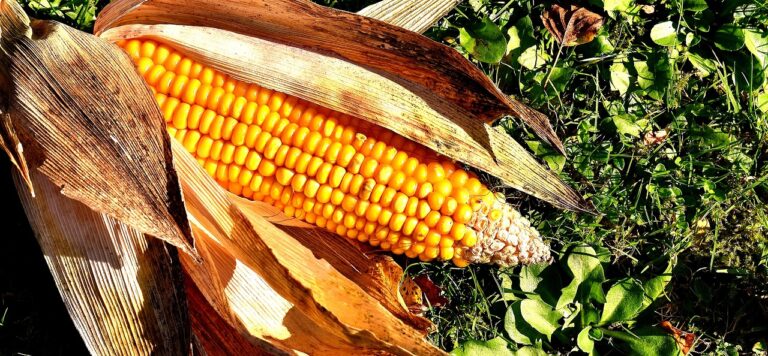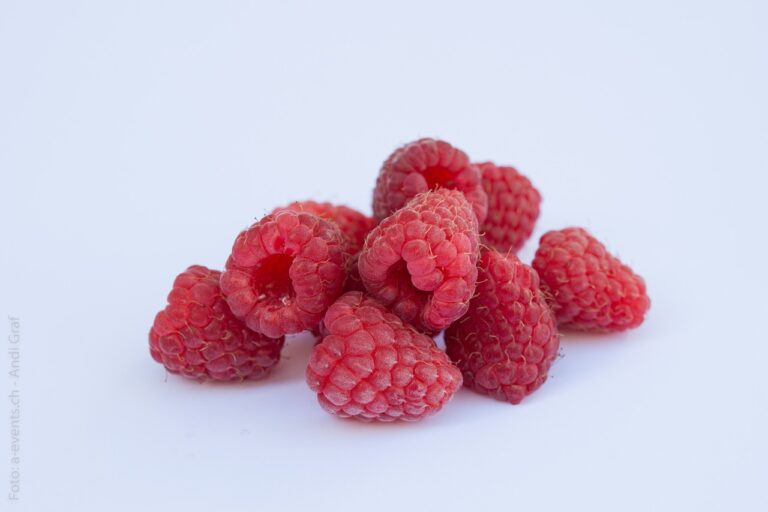The Role of Nut and Seed Processing in Promoting Biodiversity Conservation: Skyexchange login, World777 login, Golds bet login
skyexchange login, world777 login, golds bet login: Nut and seed processing plays a crucial role in promoting biodiversity conservation. By supporting sustainable practices in the production and processing of nuts and seeds, we can help protect the diverse ecosystems and wildlife that depend on these resources. In this article, we will explore the significance of nut and seed processing in biodiversity conservation and why it is essential for the future of our planet.
Importance of Nut and Seed Processing
Nut and seed processing involves various steps, such as harvesting, cleaning, drying, shelling, roasting, and packaging. It is a critical stage in the supply chain that can have a significant impact on biodiversity conservation. Here are some reasons why nut and seed processing is essential for promoting biodiversity:
1. Sustainable Practices: By implementing sustainable practices in nut and seed processing, we can reduce the environmental impact of production and minimize deforestation, habitat destruction, and water pollution.
2. Protection of Wildlife: Nuts and seeds are essential food sources for many wildlife species, including birds, mammals, and insects. By processing these resources sustainably, we can help conserve biodiversity by protecting the habitats of these animals.
3. Preservation of Ecosystems: Nut and seed processing can help preserve diverse ecosystems, such as tropical rainforests and savannas, by promoting responsible land use practices and minimizing the negative impacts of agriculture on biodiversity.
4. Support for Indigenous Communities: Many nut and seed processing operations are located in rural areas where indigenous communities depend on these resources for their livelihoods. By supporting sustainable processing practices, we can help these communities thrive while preserving traditional knowledge and biodiversity.
5. Climate Change Mitigation: Nut and seed processing can contribute to climate change mitigation by promoting agroforestry practices, which sequester carbon and help reduce greenhouse gas emissions.
6. Market Demand: The growing demand for healthy and sustainable food products, such as nuts and seeds, creates opportunities for producers to adopt biodiversity-friendly practices in processing and marketing their products.
Challenges in Nut and Seed Processing for Biodiversity Conservation
While nut and seed processing can contribute to biodiversity conservation, there are also challenges that need to be addressed to ensure sustainable practices:
1. Deforestation: The expansion of nut and seed production can lead to deforestation and habitat loss, threatening biodiversity and ecosystem services. It is essential to promote sustainable land use practices and reforestation efforts to mitigate these impacts.
2. Water Use: Nut and seed processing operations require significant amounts of water for cleaning and processing. It is crucial to implement water conservation measures and water recycling systems to minimize the use of freshwater resources and prevent pollution of water bodies.
3. Chemical Use: Some nut and seed processing operations use chemicals, such as pesticides and fertilizers, which can have negative impacts on biodiversity and human health. It is important to promote organic and agroecological practices to reduce reliance on harmful chemicals.
4. Waste Management: Nut and seed processing generate waste, such as shells, husks, and packaging materials, which can contribute to pollution and environmental degradation. Implementing waste reduction and recycling initiatives can help minimize the negative impacts of processing on biodiversity.
Strategies for Promoting Biodiversity Conservation in Nut and Seed Processing
To promote biodiversity conservation in nut and seed processing, stakeholders can adopt the following strategies:
1. Certification Programs: Implementing certification programs, such as organic, fair trade, and sustainable farming standards, can help ensure that nut and seed processing operations adhere to biodiversity-friendly practices.
2. Sustainable Sourcing: Companies can source nuts and seeds from suppliers that prioritize biodiversity conservation and support sustainable land use practices.
3. Agroforestry: Promoting agroforestry practices, such as intercropping nuts and seeds with other crops or trees, can help conserve biodiversity and enhance ecosystem services.
4. Community Engagement: Engaging local communities, indigenous groups, and smallholder farmers in nut and seed processing can help build partnerships and support biodiversity conservation efforts.
5. Research and Innovation: Investing in research and innovation in nut and seed processing technologies can help develop more sustainable and efficient processing methods that minimize environmental impacts.
6. Consumer Education: Educating consumers about the importance of biodiversity conservation in nut and seed processing can help create demand for sustainably produced products and drive positive change in the industry.
FAQs
Q: How can consumers support biodiversity conservation in nut and seed processing?
A: Consumers can support biodiversity conservation by choosing products that are certified organic, fair trade, or sustainably sourced. They can also look for companies that prioritize biodiversity-friendly practices in their supply chain.
Q: What are some examples of nuts and seeds that promote biodiversity conservation?
A: Nuts and seeds, such as almonds, cashews, and sunflower seeds, can promote biodiversity conservation when produced and processed sustainably. Choosing products from companies that support biodiversity conservation efforts can help consumers make a positive impact.
Q: Why is biodiversity conservation important for the future of our planet?
A: Biodiversity is essential for ecosystem health, resilience, and sustainability. Protecting biodiversity ensures the provision of ecosystem services, such as pollination, water purification, and climate regulation, which are crucial for human well-being and the planet’s future.
Conclusion
Nut and seed processing can play a significant role in promoting biodiversity conservation by supporting sustainable practices that minimize environmental impacts and protect ecosystems and wildlife. By adopting strategies such as certification programs, sustainable sourcing, agroforestry, community engagement, research, and consumer education, stakeholders can contribute to a more sustainable and biodiversity-friendly nut and seed processing industry. Together, we can help preserve biodiversity and secure a healthier future for our planet.







